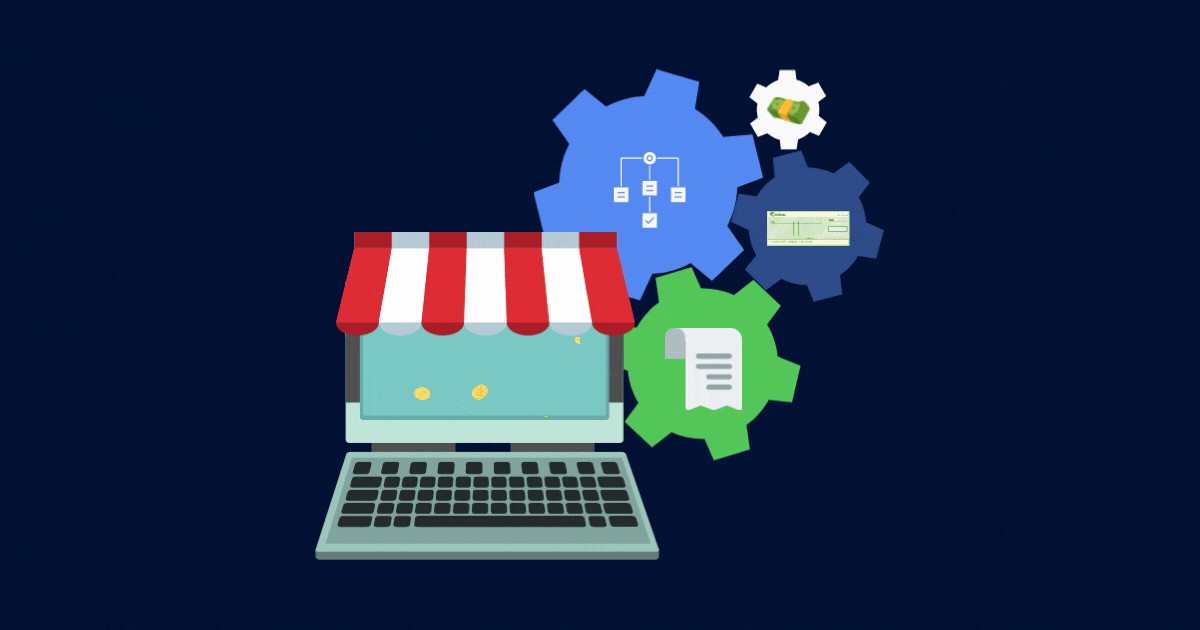
Gone are the days when invoicing clients began by sorting through a stack of paperwork. Today, technology allows business owners to get paid quickly online.
If you are waiting too long to get paid after invoicing your clients, there are several ways you can maximize the use of online payments to get paid even faster.
Why collect payments online?
There are many reasons to collect payments online. Perhaps you own a small business and need to streamline your invoicing and payments process. Maybe you're a freelancer who wants to avoid the hassle of chasing down clients for payment. Or maybe you're simply tired of dealing with paper checks and want to move to a more modern, convenient way of doing business.
What do you need in order to accept online payments?
To accept online payments, you'll need a payment processor and a merchant account. A payment processor is a company that handles the transactions between your business and your customers' bank accounts or credit cards. A merchant account is a special bank account that allows your business to accept credit card payments.
What should be considered when choosing online payment options for a business?
When choosing an online payment option for a business, it's important to consider the security of the payment gateway, the processing fees, and the customer service of the payment processor. It's also important to make sure that the payment gateway is integrated with your accounting software so that you can easily track payments and invoices.
How to use online payments to get paid even faster
- Set up an invoice template, and stick to it
- Send your invoice as soon as you complete work
- Use a provider with options
- Use a PAD agreement
- Set up automatic reminders
1. Set up an invoice template, and stick to it
There are several online platforms you can use to create an invoice that you can then copy for future invoicing purposes. You can customize your invoice to contain all the essential invoice information while maintaining a professional design. Continue to use the same template for consistency. This way, when clients receive your next invoice, they already know what to expect and won’t have to spend as much time scrutinizing it before sending payment.
2. Send your invoice as soon as you complete work
With online invoicing being easier and faster than ever, you can invoice your client once the work is complete as opposed to waiting for a designated billing cycle.
3. Use a provider with options
Most online payment platforms have a few payment options that clients can choose from, and more options for payment means more convenience for clients. When payment options are convenient, your clients are more likely to pay you in a timely manner. Most online payment platforms have the option to display a “Pay Now” button on your invoice, which makes it easy for your customers to send payment instantly.
4. Use a PAD agreement
A Pre-Authorized Debit Agreement (PAD) is a type of contract that allows you to withdraw funds from a specified account automatically. It eliminates the need to send a payment, which speeds up the process significantly. This type of agreement is most useful for clients or customers with whom you have an ongoing relationship. The most efficient way to use a PAD agreement is with an online payment provider - this way, you can manage the agreement and automatic debit in one convenient online tool.
5. Set up automatic reminders
With online invoicing and payment systems, you can set up automatic reminders that will be sent to your clients before or after an invoice is due. This means you no longer have to keep track of who has paid you and when – once the invoice due date approaches or has just passed, a reminder will automatically hit their inbox.
Less time spent invoicing and worrying about payments means more time spent on your business. Online payment platforms are not only a fast and efficient way to process your invoices, but they are also customizable.
Set up a system that works best for you and your business, and take advantage of the versatility that online payments offers to make sure you get paid for your work faster.












